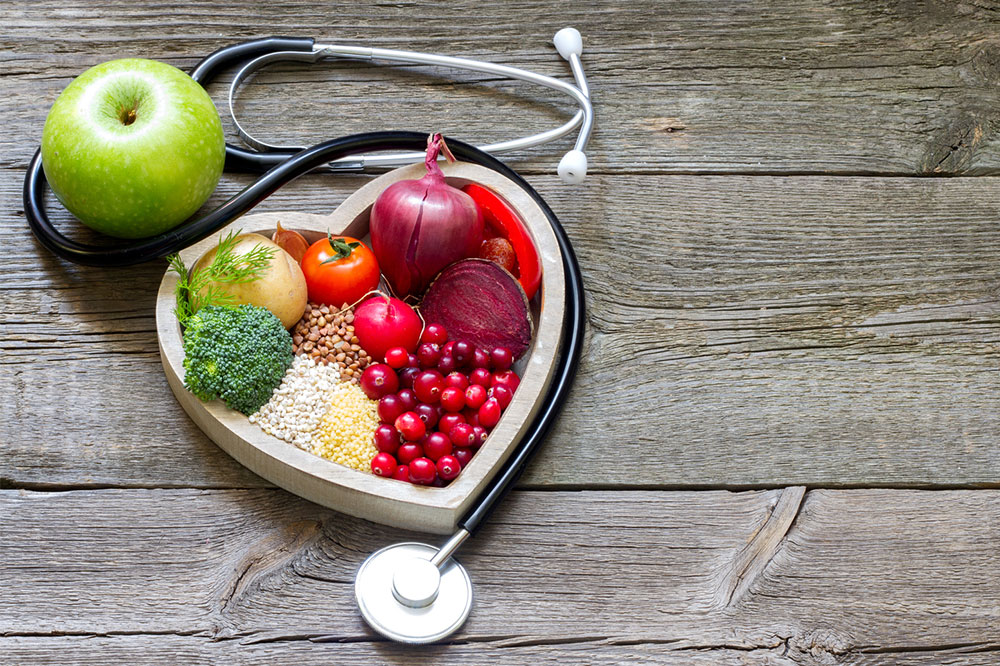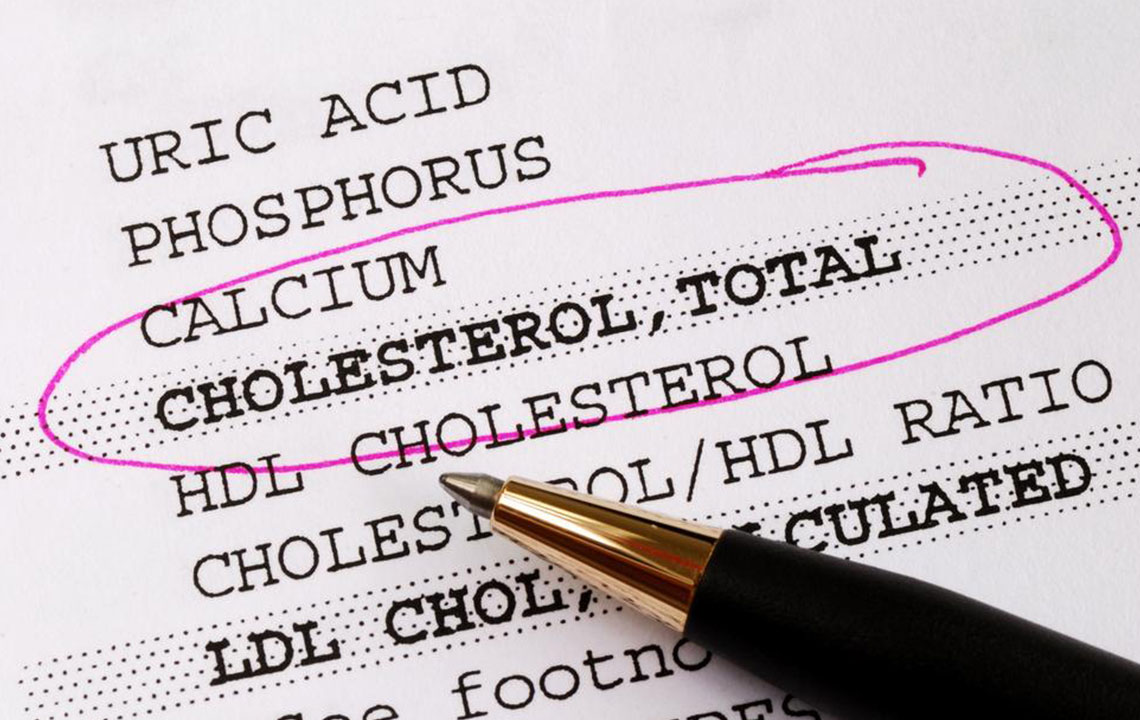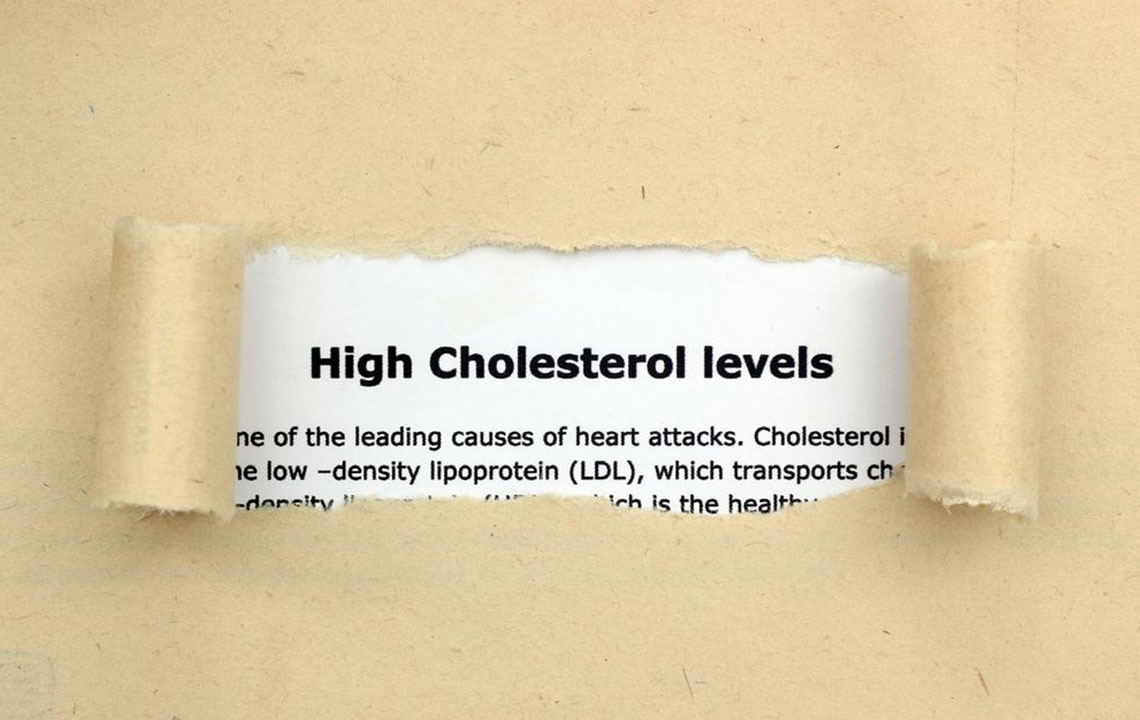All you need to know about high cholesterol
A wax-like substance present in the cells of your body that aids the production of vitamin D and certain hormones is known as cholesterol. The liver produces the amount of cholesterol required by the body, but we also get cholesterol from the food we eat. This can lead to an increase in blood cholesterol levels in the body, increasing the risk of severe health problems like heart diseases. Let’s understand how high cholesterol levels affect the body.

What is high cholesterol?
When the blood cholesterol levels increase, fatty deposits begin to accumulate in the blood vessels. As the condition progresses, the fatty depositions grow and start preventing blood flow in the arteries. In some cases, a breakage in these deposits can form a clot, causing a heart attack or stroke.
Although high cholesterol is usually inherited, an unhealthy lifestyle has a vital role to play in its development. So, a healthy diet, accompanied by regular exercise and proper medication, can keep cholesterol levels under check and prevent severe complications.
What are the symptoms of high cholesterol?
High blood cholesterol levels can lead to the development of not-so-obvious symptoms that make it difficult to diagnose at home, but certain conditions associated with high cholesterol levels show symptoms. These conditions include pain in the chest arising from heart disease, spikes in blood pressure levels, or a stroke. Here are some indications for when you should get your blood cholesterol levels checked:
- If you notice soft, yellowish lesions or growths on the eyelids, which are known as xanthomas
- Obesity and diabetes can also be indicators of high blood cholesterol levels
- Impotence in men can also be caused by high cholesterol levels
What causes high cholesterol?
Cholesterol is a substance that is attached to the proteins in the body and is carried through the bloodstream. Also, cholesterol is known as lipoprotein when it combines with the proteins. Depending on what is being carried by lipoproteins, cholesterol is divided into two types: Low-Density Lipoprotein (LDL) and High-Density Lipoprotein (HDL).
While LDL is also known as bad cholesterol, having high amounts of HDL cholesterol in the body is considered to be healthy, so it’s referred to as good cholesterol. Various factors contribute to the LDL and HDL cholesterol levels in the body, including genetics, physical activity, dietary choices, obesity, and underlying medical conditions.
What increases the risk of developing high cholesterol?
The following are some factors that contribute to increasing the risk of high cholesterol in some people:
- Unhealthy dietary habits
Consumption of foods that have high saturated fat content like animal products and foods with high trans-fat content like packaged cookies, biscuits, and other baked goods can result in high blood cholesterol levels. - Obesity
People with a high Body-Mass Index (BMI), along with those who are overweight, face a greater risk of developing high cholesterol levels. - A sedentary lifestyle
Following a regular workout regime can increase the HDL cholesterol levels in the body, which also helps lower the LDL cholesterol levels. - Smoking
Smoking can damage the blood vessels, which can make them more susceptible to fatty deposits.




